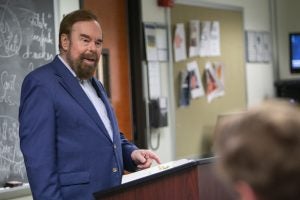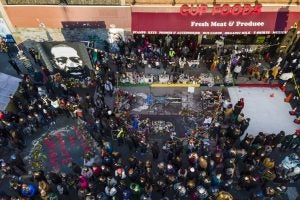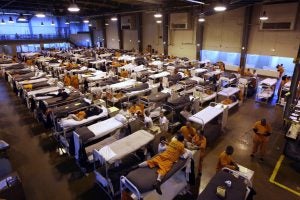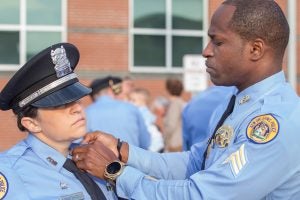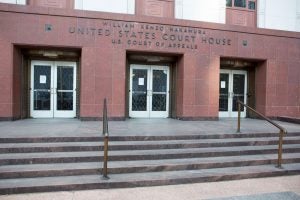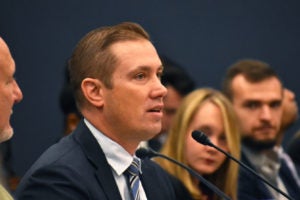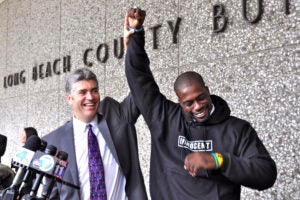
Georgetown Law’s Prettyman Fellowship Marks 65 Years of Preparing Lawyers to Defend the Underrepresented
June 20, 2025 Campus News Clinics Criminal Law Faculty Impacting Change Juveniles Our Alumni Public Interest & Community ServiceIn 1960, Georgetown Law founded the E. Barrett Prettyman Program, which was – and still is – an innovative fellowship that trains recent law school graduates to represent indigent clients. On May 31, dozens of Prettyman alumni, along with other friends and supporters, gathered on campus to celebrate the program’s 65th anniversary and to congratulate one of its longtime leaders, Professor John Copacino, L’83, on his retirement.
